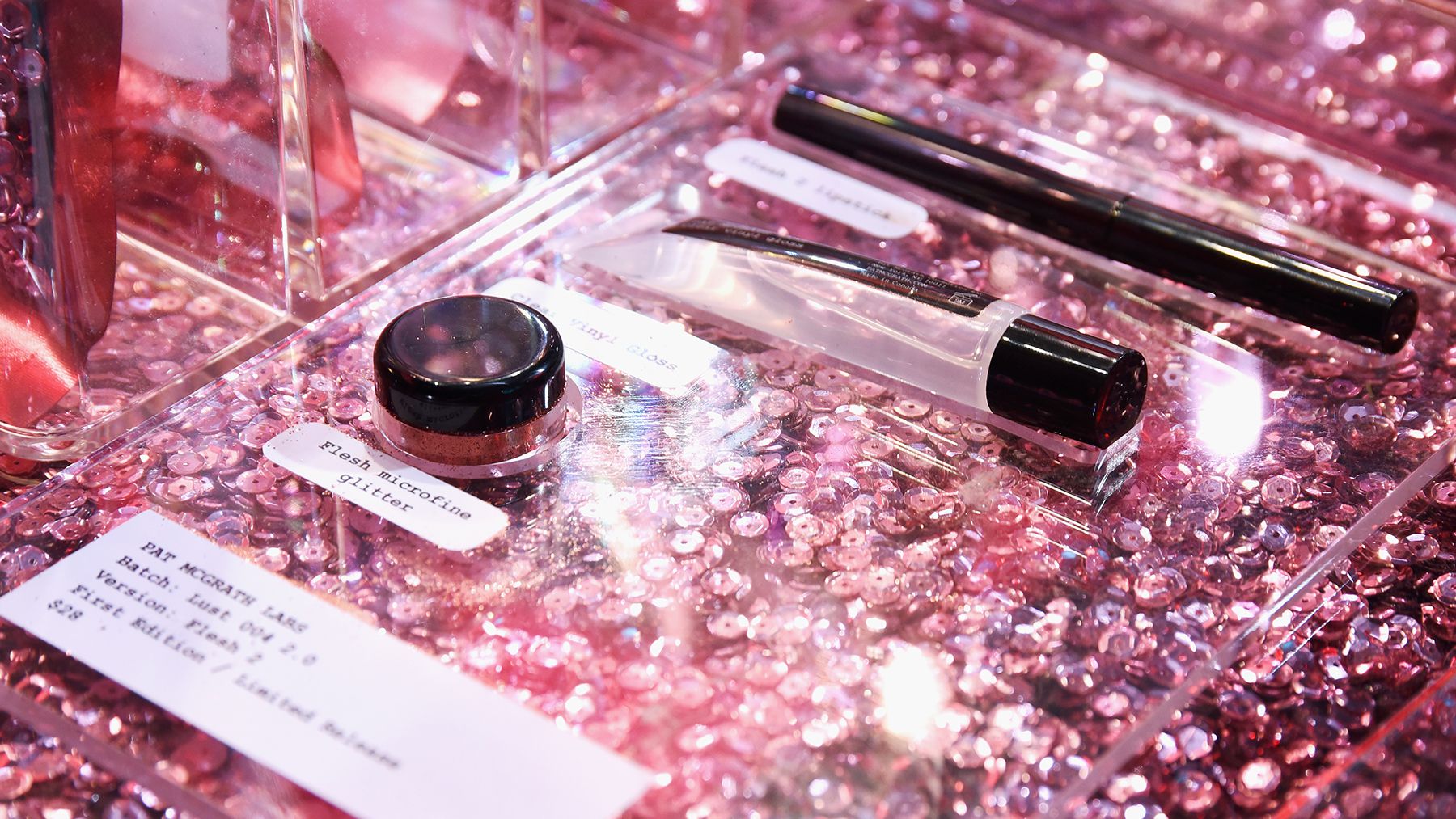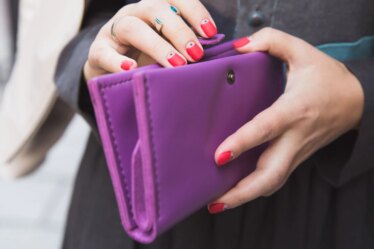
Makeup artist Pat McGrath sent the beauty industry into a tizzy when she released her first product in October 2015, a $25 pressed gold pigment that could be used on eyes or lips, packaged in a bag of gold sequins that crashed her website and sold out in minutes. There were more drops, and then came the evergreen collection and a Sephora partnership in 2017.
Private equity money and “unicorn” status inevitably followed. In 2018, Pat McGrath Labs raised $60 million from Eurazeo Brands, a division of Eurazeo, a publicly traded Paris-based private equity firm, in a deal that valued the company at $1 billion, less than three years after it was founded.
The deal with Pat McGrath Labs was one of the most widely publicised beauty transactions of the last decade. In addition to the 10-figure valuation, the investment was part of Eurazeo’s newly-established US arm, eager to play in the fast growing beauty market (the group’s first investment was in candle company Nest Fragrances, in 2017).
Eurazeo’s exit was less publicised. BoF has learned that Eurazeo quietly sold its stake in Pat McGrath Labs in June 2021. According to a source familiar with the matter, Eurazeo had a “successful exit,” albeit without the press releases and interviews that accompanied the initial purchase (the sale was not publicly disclosed by Eurazeo or reported in the press at the time). Eurazeo and Pat McGrath Labs declined to comment.
Quietly cashing out had upside for Eurazeo, which offloaded Pat McGrath Labs at the tail end of a years-long makeup downturn. Even in an era of bloated beauty valuations, McGrath’s was perhaps the most inflated. At the time of Eurazeo’s investment, the brand was on track to hit $60 million in retail sales, or an almost 17x multiple.
Groupe Bruxelles Lambert, an investment holding company based in Belgium, reported in its 2021 annual report that Sienna Investment Managers, an alternative investment arm of the firm, invested €168 million, or about $183 million at the current exchange rate, in a “fast growing cosmetics company with strong e-commerce and digital credentials.” BoF has learned that the cosmetics company is Pat McGrath Labs. Sienna Investment Managers didn’t respond to request for comment.
According to documents dated Dec. 31, 2021, Sienna Capital, an investment vehicle of the Desmarais Family Residuary Trust, owns a 15 percent stake in Pat McGrath Cosmetics LLC. It is unclear from the documents if Sienna bought Eurazeo’s shares in the makeup line.
Since getting her start in the late 1990s, McGrath became one of the world’s most powerful makeup artists. She conceived of fashion week beauty looks for brands from Prada to Versace, often developing commercial iterations to sell via her brand. The glitter lips from Versace’s couture show eventually became “Lust004,” a lip kit that was McGrath’s fourth drop in 2016. Kylie Jenner is often credited for popularising the “beauty drop” online with those now infamous Kylie Lip Kits, but it was actually McGrath who saw success from the business model first.
But interest in glitter lips significantly tempered in the years since Eurazeo’s investment. A post-pandemic return to beauty has turned the focus on newer artist-led makeup lines with founders who interface regularly with fans online, as well as a number of legacy brands that got a boost from viral promotion on TikTok. The brand’s positioning hasn’t evolved much since 2015, and a recent entry into skin care was met with lukewarm reception.
“At the crux of it, all of the artists that have gotten really big are active and engaged on social media and listen to consumers,” said an industry executive who requested anonymity (and does not work with McGrath). “In an era of open communication with consumers, she hasn’t participated.”
Despite a decent presence at Sephora, (Sephora confirmed that Pat McGrath Labs is sold in 162 of its 515 US stores), the brand isn’t attracting the attention it used to.
McGrath’s brand line isn’t the only one struggling to live up to its investors’ expectations. Prior to the pandemic, a number of fast-growing makeup lines raised capital at $1 billion-plus valuations, including Anastasia Beverly Hills, Huda Beauty and Morphe. The latter, valued at over $2 billion in 2019, filed for Chapter 11 bankruptcy protection in early January. Huda Beauty and Anastasia Beverly Hills have yet to see an exit.
Despite Eurazeo’s stake in the brand being small — it owned about eight percent of the Pat McGrath Labs when it invested — the deal signaled something much larger. Frothy valuations, while initially attention-grabbing, ultimately put pressure on founders to scale their businesses at a blistering speed. McGrath’s line, once groomed for a 10-figure exit, has become a cautionary tale.



